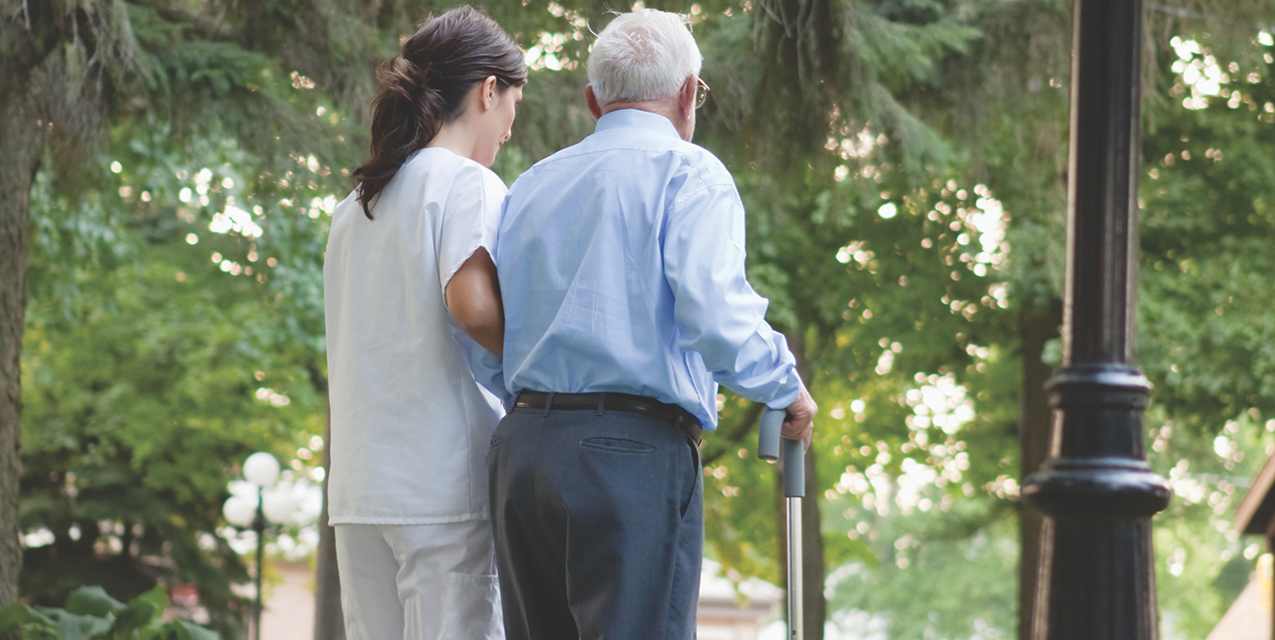Parkinson’s disease is a progressive neurological condition that affects patients’ lives in many ways due to its physical symptoms. Symptoms can include involuntary movements called tremors, stiffness, difficulty balancing, and walking. As the disease progresses, people may experience mental and memory issues, and difficulty speaking. PD can also affect a person’s ability to engage in routine daily activities. Following a PD diagnosis, it’s important patients learn as much as possible about the condition.
Choose your care team wisely. One of the first steps is finding competent doctors and caring friends and family to pitch in, as you’ll need support. This includes neurologists who prescribe the best medications to help manage symptoms and therapists who can help you through frustrations. Friends and family may have to assist with certain tasks.
Keep safety in mind. Speak with a doctor about safety, particularly if you live alone. The Parkinson’s Foundation reports that, as the disease progresses, people with PD may experience “freezing” episodes, temporary situations where you will not be able to move, causing an increased risk of falling. Additional safety concerns may involve walking without assistive devices or knowing when to give up driving. It’s also good to get a medical alert band so, in the case of an emergency, first responders will be aware you have PD.
Plan ahead. While it may initially seem you will need to stick closer to home, this isn’t always the case. Ask your neurologist to provide names of caregivers in areas where you would like to travel for business or vacation. The Parkinson’s Foundation Helpline (800-4PD-INFO) can also help you locate local resources, such as exercise classes, activities and support groups. Parkinson’s disease can be challenging, but most people learn ways to manage its symptoms so they can continue to live fulfilling lives.












